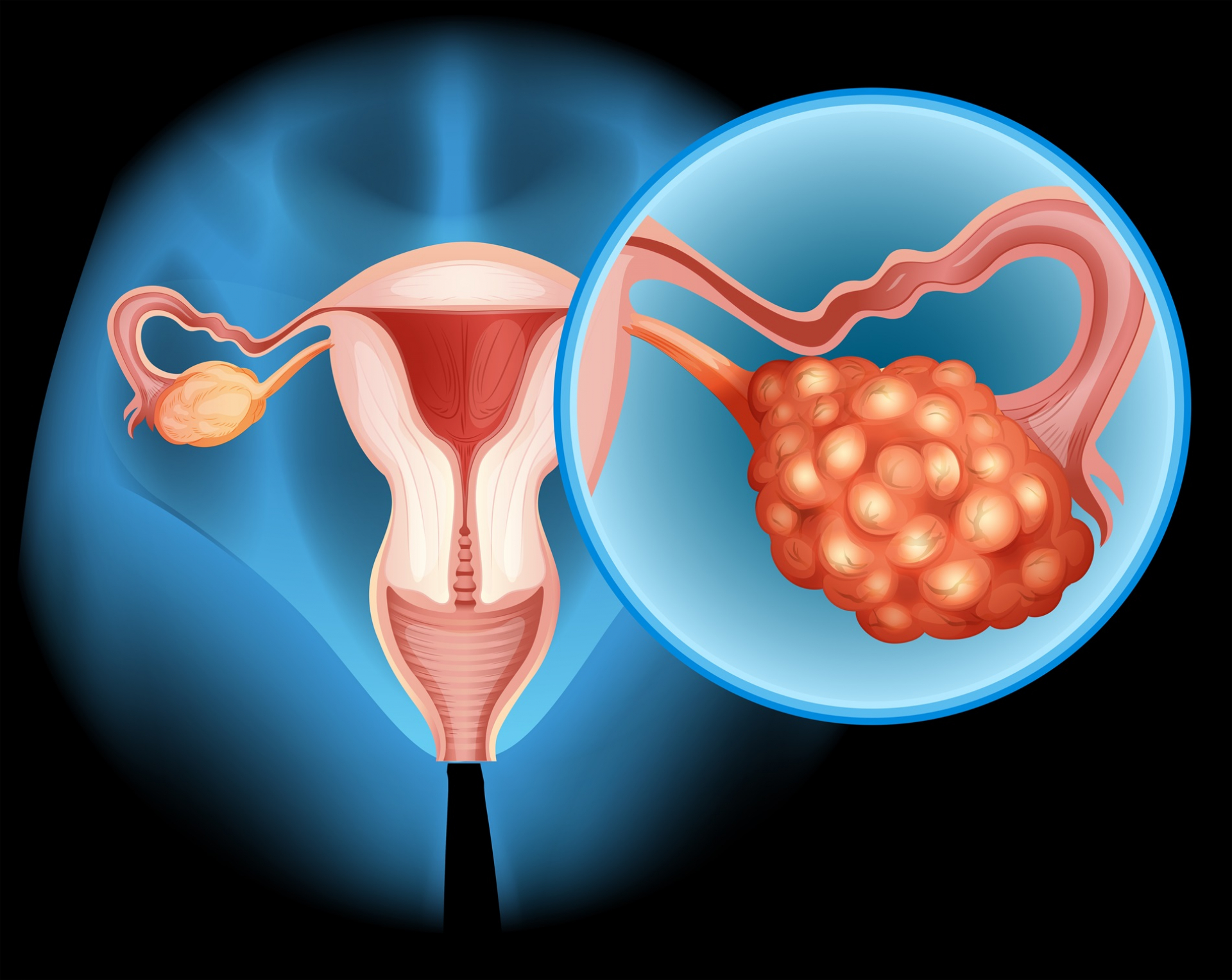The AMH Blood Test is a key diagnostic tool used to assess a woman's ovarian reserve, which refers to the number of viable eggs remaining in the ovaries. Anti-Müllerian hormone (AMH) is produced by the granulosa cells in the ovaries, and its levels are often indicative of reproductive health and fertility potential. This test has become increasingly popular for women seeking to understand their fertility status, whether they are planning for pregnancy or considering fertility treatments.
About AMH Blood Test
The AMH Blood Test measures the levels of anti-Müllerian hormone in the blood. AMH plays a critical role in regulating the development of ovarian follicles, which are responsible for producing eggs. The amount of AMH in the bloodstream reflects the quantity of eggs in the ovaries and can offer insights into a woman's fertility potential, even in the absence of symptoms or irregularities in menstrual cycles.
AMH is often referred to as a marker of ovarian reserve because its levels tend to decrease as women age and approach menopause. High levels of AMH can suggest a greater number of eggs in reserve, while low levels may indicate a diminished ovarian reserve, which could impact fertility.
When is the AMH Blood Test Performed?
The AMH Blood Test is typically recommended for several reasons, particularly related to fertility:
- Fertility assessment: The test is commonly used to evaluate a woman’s fertility, especially if she is experiencing difficulty conceiving. It helps determine if there is an issue with the ovarian reserve, and can guide decisions regarding fertility treatments such as in vitro fertilization (IVF).
- Premature ovarian insufficiency (POI): Women who experience early menopause or premature ovarian insufficiency may undergo an AMH test to assess the status of their ovarian reserve.
- Polycystic ovary syndrome (PCOS): AMH levels can be elevated in women with PCOS, as they may have an increased number of follicles in their ovaries, which can affect fertility.
- Assessing the impact of cancer treatment: For women undergoing chemotherapy or radiation, an AMH test can help assess whether the treatment has impacted their ovarian reserve.
AMH Blood Test Procedure
The procedure for the AMH Blood Test is relatively simple. A blood sample is drawn from a vein, typically from the arm, at a laboratory or healthcare facility. The sample collection is quick and requires minimal preparation. The blood sample is then processed in a laboratory, where the level of AMH is measured using specialized assays. The test is usually done at any point during the menstrual cycle, as AMH levels are stable throughout the month.
The results of the AMH test are typically available within a few days. The AMH level is measured in nanograms per milliliter (ng/mL), and the result provides an indication of the number of eggs in the ovaries.
Normal AMH Levels by Age
AMH levels tend to vary depending on a woman’s age and reproductive stage. Understanding the normal AMH levels for different age groups is essential for interpreting the test results. Here is a general overview:
- In Women in Their 20s: AMH levels are usually at their highest during the mid-20s, often ranging from 3.0 to 5.0 ng/mL, indicating a healthy ovarian reserve.
- In Women in Their 30s: By the early to mid-30s, AMH levels gradually decrease. A normal range in women between the ages of 30 and 34 may be between 2.0 to 4.0 ng/mL.
- In Women Aged 35 to 39: At this age, AMH levels typically begin to decline more rapidly. A normal range may be between 1.0 to 2.5 ng/mL.
- In Women Aged 40 and Above: Women aged 40 or older often have lower AMH levels, generally between 0.5 to 1.5 ng/mL, indicating reduced ovarian reserve. However, some women in their 40s may still have relatively higher AMH levels.
- Low AMH Levels: AMH levels under 1.0 ng/mL typically suggest a lower ovarian reserve, which may affect fertility. Women with levels below 0.5 ng/mL are often considered to have a diminished ovarian reserve.
Understanding your AMH test results can provide valuable insights into your fertility and reproductive health. However, it is important to remember that the AMH test is just one part of a comprehensive fertility evaluation.
High AMH levels (usually above 4.0 ng/mL) suggest that a woman has a good ovarian reserve. However, it may also indicate the presence of conditions like Polycystic Ovary Syndrome (PCOS). Low AMH levels indicate reduced ovarian reserve, which can affect fertility. Women with low AMH may have difficulty conceiving and may need fertility treatments like IVF. Very low AMH levels may indicate a significant reduction in egg quantity and quality, which can complicate fertility treatment options.
AMH Test Cost
The AMH test cost can vary significantly based on several factors such as location, the clinic or laboratory performing the test, and whether additional consultations are required. The serum AMH test price may differ based on the region and whether the test is part of a larger fertility assessment package. In certain fertility clinics, the test might be bundled with other reproductive health evaluations.
How to Find an AMH Test Lab Near You?
If you are wondering, where to find an AMH test lab near you, most hospitals, fertility clinics, and diagnostic laboratories offer this service. You can search online for laboratories or clinics that provide AMH Blood Test services or contact your healthcare provider for recommendations. It is essential to choose a reputable facility that adheres to high standards of testing and quality control.
By understanding AMH levels, women can make informed decisions about their reproductive health, whether they are planning for pregnancy or considering fertility treatments. While the AMH test cost may vary, it is a worthwhile investment for anyone looking to gain a clearer picture of their fertility status.


